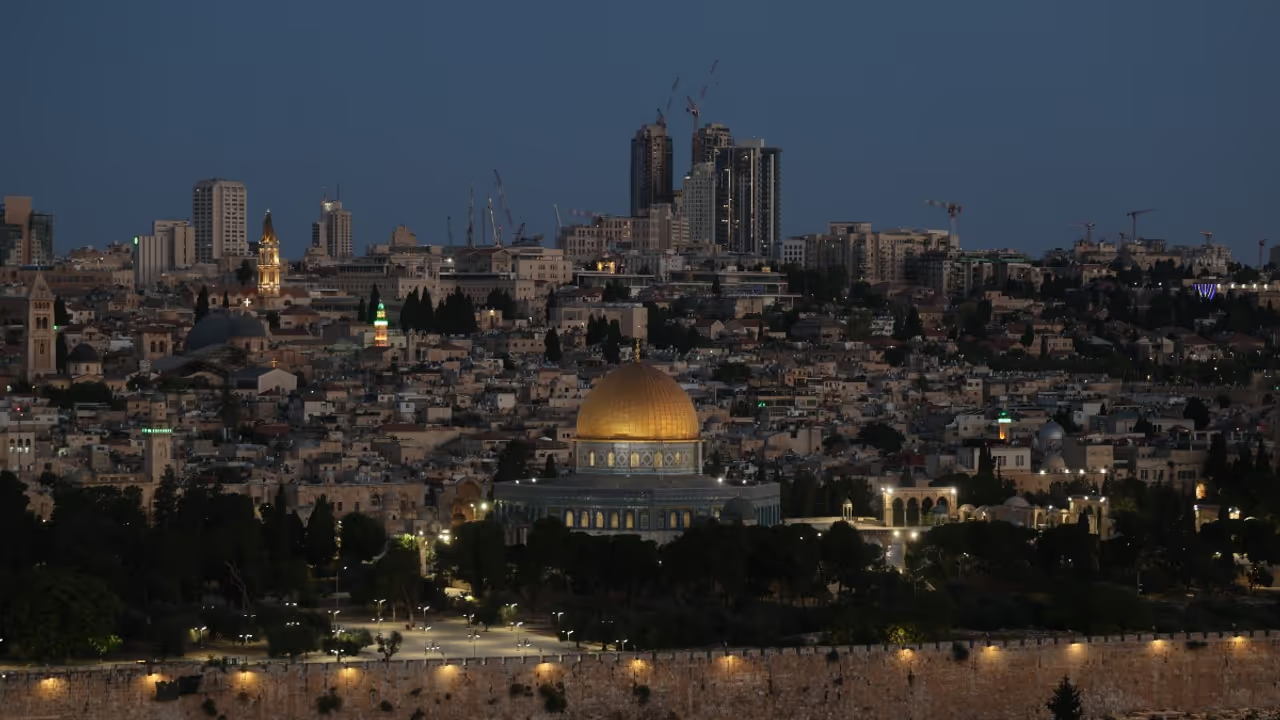The International Atomic Energy Agency (IAEA) confirmed on Friday that an Israeli strike hit Iran’s uranium enrichment facility at Natanz.
The International Atomic Energy Agency (IAEA), UN nuclear watchdog, confirmed Friday that Israeli strikes were targeting an Iranian uranium enrichment site, saying it was "closely monitoring the deeply concerning situation".

"The IAEA is closely monitoring the deeply concerning situation in Iran. Agency can confirm Natanz site among targets," International Atomic Energy Agency head Rafael Grossi said in a post on the agency's X feed, as the IAEA's board of governors meets this week in Vienna.
"The agency is in contact with Iranian authorities regarding radiation levels. We are also in contact with our inspectors in the country," he added.
Israel strikes Iran: What we know
The strikes hit several areas in Iran, with blasts reported in the capital Tehran, as well as at a key uranium enrichment site. Here is what we know:
Israel's military said its jets carried out strikes on "dozens of military targets, including nuclear targets in different areas of Iran."
Blasts were reported in Tehran, where Iranian state television said fire and smoke were seen at a key site for Iran's Revolutionary Guards in the city's east.
State television also reported "loud explosions" in Natanz, in Iran's central Isfahan province, where a key nuclear site is located.
The "Natanz enrichment facility has been hit several times," state TV reported, showing footage of heavy smoke billowing from the site.
Iranian state media said residential buildings in Tehran were damaged and several civilians killed.
An Israeli security official said the strikes had "likely eliminated" Mohammad Bagheri, the chief of staff of the Islamic republic's armed forces, along with senior nuclear scientists.
Iranian media meanwhile said Revolutionary Guards chief Hossein Salami had been killed.
Why now?
Israel sees the cleric-run state in Tehran as an existential threat and hit Iranian air defences last year.
Its defence minister Israel Katz described the action as a "preemptive strike".
The United States and other Western countries, along with Israel, have repeatedly accused Iran of seeking a nuclear weapon, which it has always denied.
Israel again called for global action after the UN's International Atomic Energy Agency accused Iran on Wednesday of non-compliance with its obligations.
There had been indications a military strike was likely, with US media reporting an imminent Israeli attack that would not be coordinated with the Washington.
"I don't want to say imminent, but it looks like it's something that could very well happen," US President Donald Trump told reporters on Thursday when asked if an Israeli attack loomed.
A sixth round of talks over Tehran's nuclear programme had been scheduled between the United States and Iran on Sunday in Oman.
Who was involved?
Israel relies on Washington for military and diplomatic support but carried out the strikes alone, top US diplomat Marco Rubio said.
"We are not involved in strikes against Iran and our top priority is protecting American forces in the region," he said in a statement warning Tehran against targeting US interests.
Rubio said Israel had "advised us that they believe this action was necessary for its self-defence," without offering support or criticism of the strikes.
Follow all the live updates on Israel-Iran attacks HERE.


